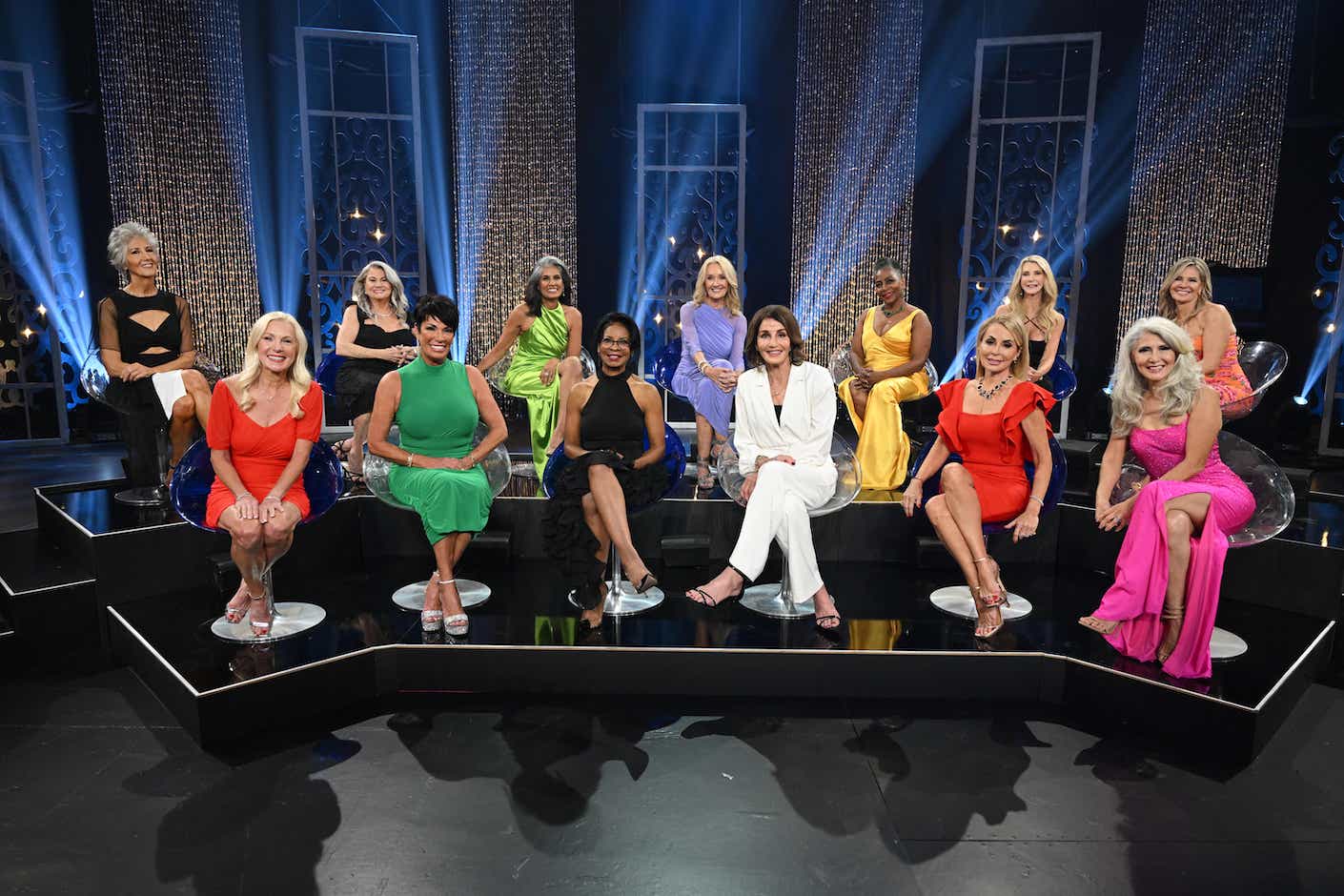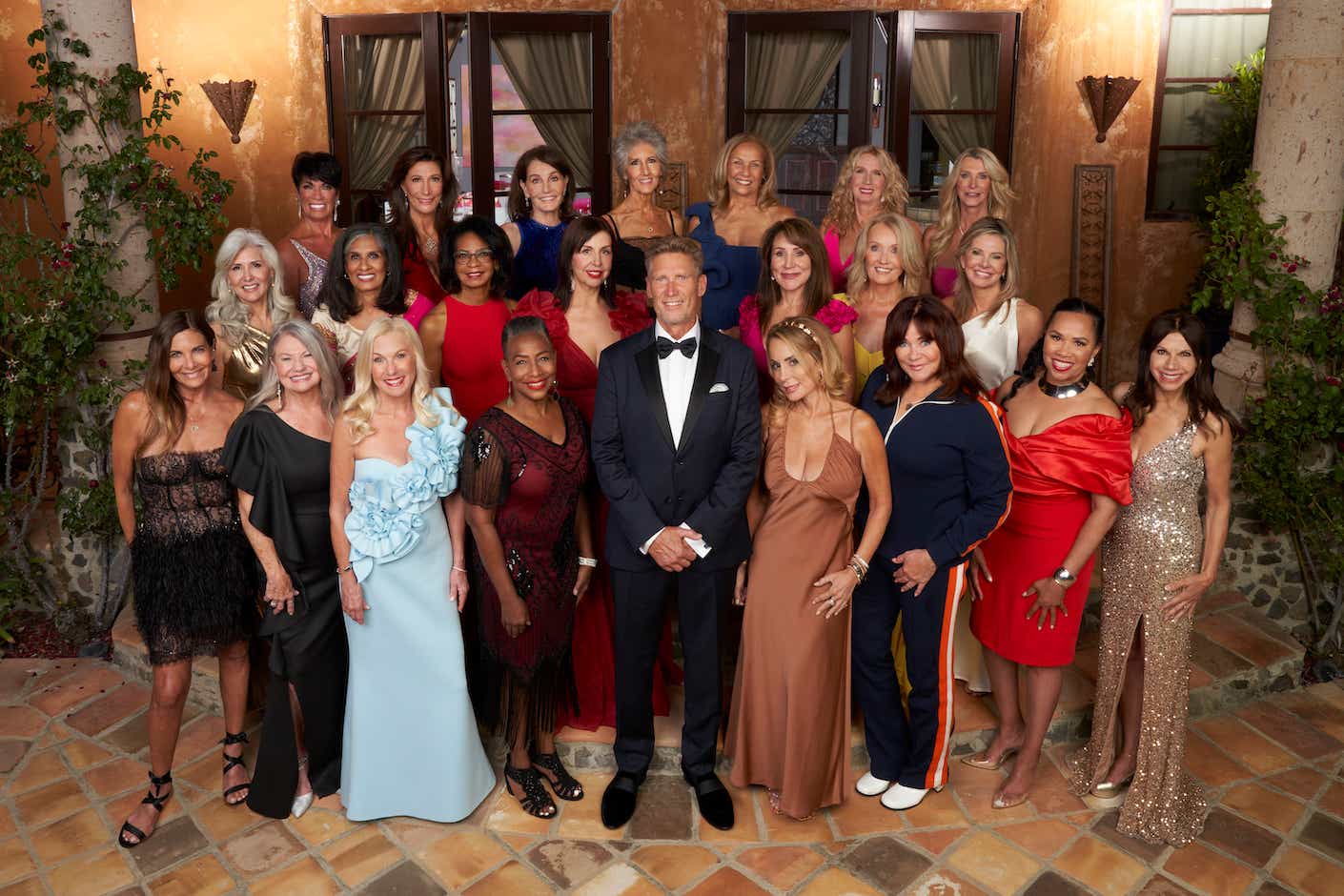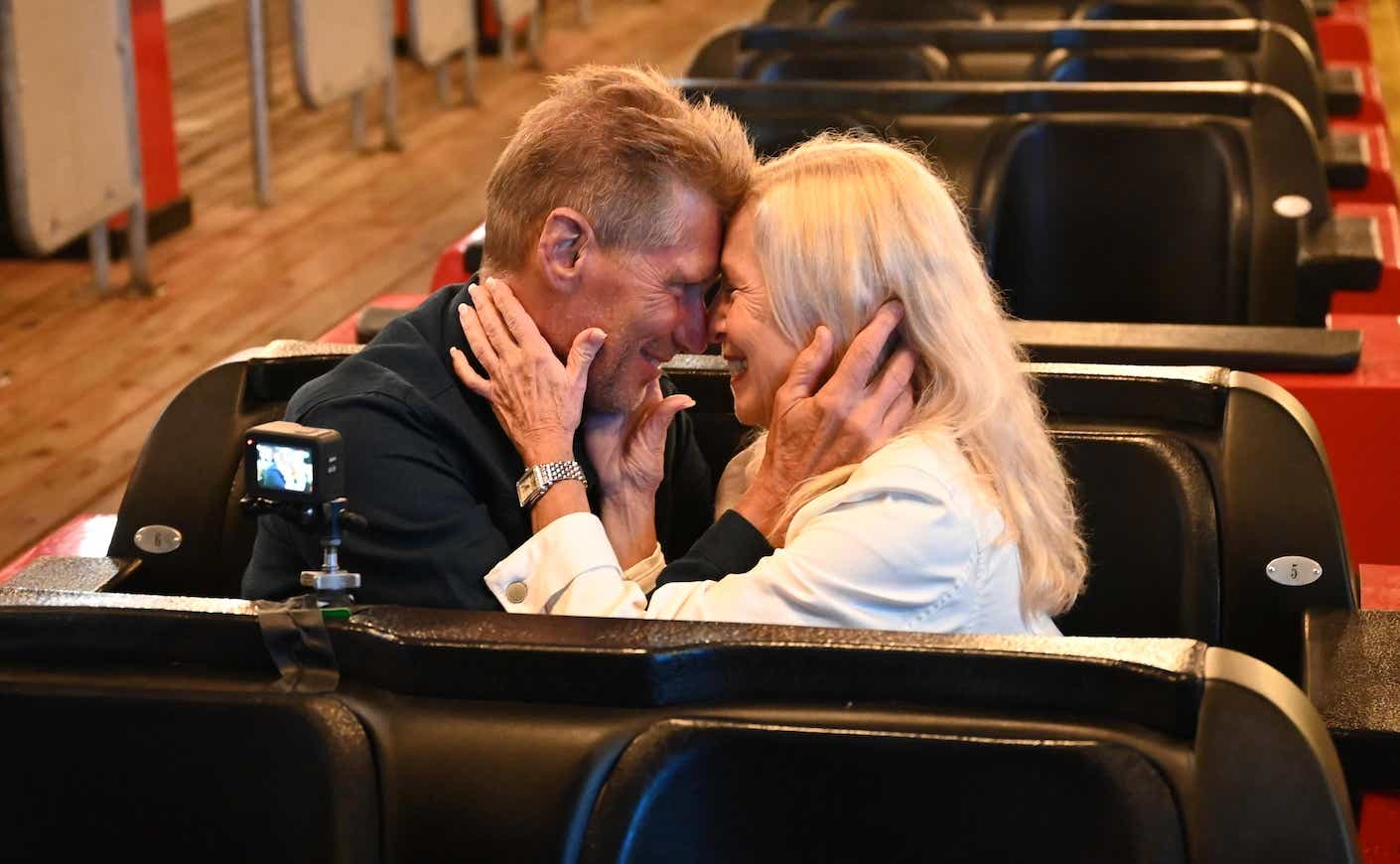Mainstream media hasn’t done a great job representing older adults. Movies and TV shows often portray aging as something to fear or be ashamed of, perpetuating stereotypes about seniors. So when one of America’s top reality shows announced that its new star would be a 72-year-old widowed bachelor named Gerry, many were shocked at the prospect of watching a grandpa court nearly two dozen single ladies.
They got a further shock when they met the women who’d be vying for his heart, all of whom were over the age of 60. Loyal viewers were skeptical that a show built on sex and romance could work with older adults, widowers, and divorcees. According to the numbers, it absolutely does. The Golden Bachelor debuted with the strongest multiplatform telecast for any series within the franchise in more than two years. People are enthralled by watching as older adults find love, and navigate dating while facing the same challenges as their younger counterparts.

What’s interesting is that while the season’s ratings are high and viewers are praising the show, the stories we’re seeing on screen are familiar to any member of Bachelor Nation. We’re watching the same controversies, anger, sadness, and frustration — the same ATV ride dates and romantic dinners in the moonlight. With older singles in the mix, many assumed we’d see a difference in their behavior, thanks to being more experienced and wiser. But we’re seeing that dating — at any age and in front of millions of people, no less — can be challenging regardless of the date on your birth certificate. As an educator and advocate for diversifying depictions of older adults on screen, I find it a refreshing reminder that 20-somethings and 70-somethings have far more in common than we think.
Some viewers were excited about a more elevated Bachelor season — one without tequila-fueled arguments or childish rivalries. And while the show did tease hints about this being a more mature season, by episodes two and three, jealousy crept in and viewers were reminded that the playbook is essentially the same. Only this time, the contestants were playing pickleball and complaining about joint pain.
However, maybe there’s value in keeping the messiness. People want love at every age, and in that search, people — no matter their years — struggle to communicate, make the wrong assumptions, and inadvertently break each other’s hearts.
Wouldn’t it be amazing if younger viewers watched the Golden Bachelor and instead of thinking, She reminds me of my nana, thought, She reminds me of me. Like any other piece of entertainment, it can’t be 100 percent universal — 20-somethings probably won’t identify with Gerry and Leslie’s use of hearing aids. But I suggest we give The Golden Bachelor the benefit of the doubt. Sure, it may not be a roadmap to the perfect dating life in older years. Instead, maybe it’s simply another opportunity to demolish stereotypes about older adults being homebound, stuck in their ways, and frail.

Demographically, it’s about time for us to change the way we depict aging in media: Older adults currently make up 16.8 percent of the U.S. population and are trending to outnumber young people by 2030. However, research reveals that the number of roles and storylines for older adults on screen is far from close to their actual representation in our communities and homes.
Perhaps what I find so inspiring about The Golden Bachelor is how similar it is to other dating shows. By depicting these older adults as multifaceted individuals seeking love, the show has proven that age doesn’t define the pursuit of romance or happiness. The Golden Bachelor serves as a powerful reminder that romance, with all its complexities and messiness, transcends decades.
As we celebrate these vibrant, funny, flawed, and relatable individuals on our screens, it’s proof that America is ready for more diverse and genuine representations of older adults in the media. It’s time to embrace the richness of their stories, shatter the confines of ageist misconceptions, and welcome a new era of storytelling that reflects our diverse society. I’ll hand out a rose to that.
Jennifer Wong, Ph.D. is the Director of the Wallis Annenberg GenSpace, a cutting-edge community center dedicated to supporting the creativity, connection, and lifelong learning of older adults in Los Angeles.









